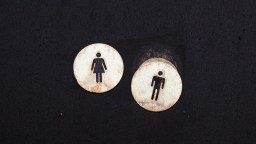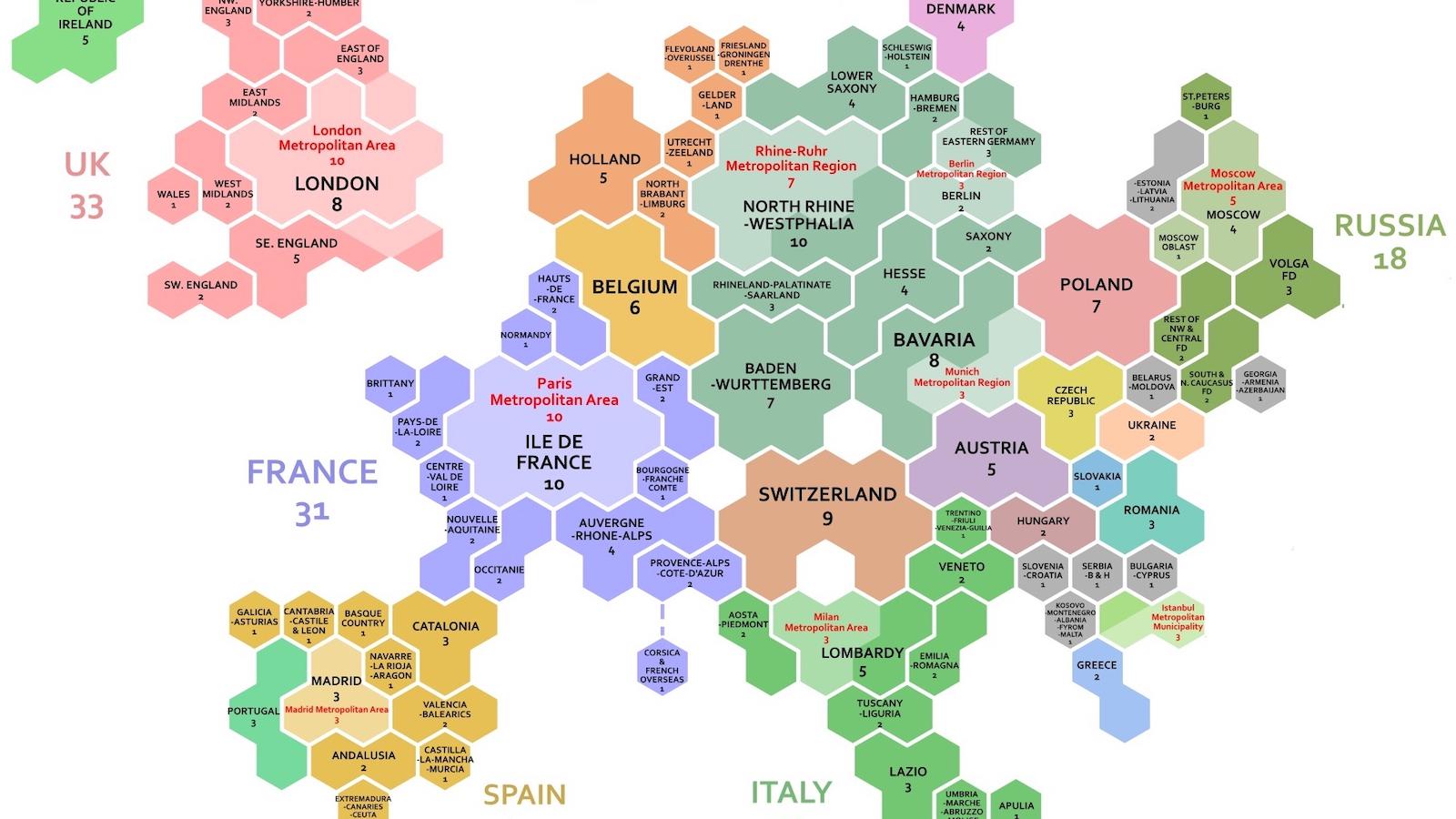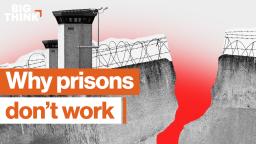Sign up for Big Think on Substack
The most surprising and impactful new stories delivered to your inbox every week, for free.
It’s no secret that American income inequality is at its worst point since the gilded age. To break it down for you, there’s a very small yet super-rich class at the top (the 1%), and there’s the rest of us (the 99%) who are duking it out in a type of capitalist serfdom. Chris Hughes, a Facebook co-founder, will be the first to tell you that he’s a super lucky guy that happened to benefit massively from this system that makes the rich richer and the poor stay the same. He’s come with a plan — give $500 a month to every working adult making less than $50,000 a year — to help reinvigorate the American economy and the American dream that we can pull ourselves up. If the American dream is dead, he says, then what are we fighting for in the first place? His fascinating book is Fair Shot: Rethinking Inequality and How We Earn.
Chris Hughes: I think the American dream is safe to say if not dead it’s on life support. It’s this idea that if you do well you can get ahead in life and if you have family and kids they can perhaps do a little bit better than you did. And what we know by the numbers is that the median wages in this country hasn’t budged meaningfully in nearly 40 years, and yet the cost of living has increased by some counts by up to 30 percent. So there’s a sense that people are working hard but only a small group of people are getting extremely lucky while everybody else is really staying in place. And I think that we have the power to change that. That’s the key idea that I talk a lot about in the book is that we’ve created an economy that is structured this way we made specific decisions around how to encourage automation, globalization and the rise of finance that have created a small group of very lucky people and we have the power to change it to make sure that economic prosperity is much more broadly shared.
So, when it comes to the position we’re in now I don’t think there was one single moment or one single event that got us here, I think instead it was the collection of a lot of different decisions that begin to be made in the late 1970s and early 1980s and we’ve continued to make, in fact all the way up through, for instance, the end of last year. The tax code is one of the most important things. We’ve consistently lower tax rates on corporations and the one percent while not giving a break to the people who need it the most. At the same time we’ve ushered in an era of globalization, which by all accounts has created economic growth but without fundamental worker protections to make sure that people who are in industries that have moved overseas have been protected. And we’ve also made positive decisions, obviously like investing in the Internet, for instance, which was a government investment initially, which has created the opportunity for companies like Facebook and Google and many others to rise precipitously. But all the fruits of that innovation and of all the positive things that come with that growth have not been evenly distributed. A small group of people are doing extremely well and at the same time as everybody else is trying to make ends meet. And just as we have the power to create the economy in this current configuration, I do believe we have the power to change it.
There has been debate for decades about whether trickle down economics is the way to go. And we can talk a lot about economic theory, but in some ways I don’t think we really have to we can just use a little bit of commerce sense. If you put $100 in the pockets of someone who’s working hard to make ends meet they’re going to spend a lot of that money, most of that money on things like childcare, housing, health care wherever their bills are the highest. You give someone who is in the one percent an extra $100 they might spend one or two, but the vast majority of that money is going to get parked in a bank account and not really become part of the productive economy. One study by the Roosevelt Institute showed that if you provided $500 to every American every month it would increase gross domestic product by about seven points over the next eight years. So this idea is not just about making sure that the wealthy pay their share, it’s also about creating a kind of broad based prosperity that’s good for all Americans, the poor, middle class and wealthy alike.
My belief is that sometimes the best solution is the simplest. We should use cash, cold hard money to empower people to chase their own dreams and to re-energize the American dream. Specifically we should provide $500 to every person who works in America making less than $50,000 to enable them to spend it on what they choose, housing, healthcare, education, gas to go interview for a job. It’s these kinds of decisions that I believe fundamentally the people who are working hard are the best empowered to make. And we can use something called the earned income tax credit, which has been massively popular for decades on the left and on the right, to do this. With a meaningful expansion and modernization of it we could combat income and equality in a way that would make a historic dent in poverty and stabilize the lives of tens of millions of people in the middle class as well.
I think those people who have done the best from this new economy do have a responsibility. They’ve got a chance to climb the economic ladder, many of them also got lucky. Fortune 500 CEOs are some of the hardest working people out there. They also get very lucky. And there’s a responsibility not to pull the ladder up behind them. So in my view we should raise rates on income in excess of $250,000 to the historic average of 50 percent and also close some of the most egregious loopholes in the tax code like the Buffet Rule, which enables Warren Buffett to pay a lower tax rate than his assistant. And if we do those things we can pay for a guaranteed income of $500 a month in the here and now today. I mean the rough cost anybody who says that this idea is too big the rough cost of this over the decade would be just a bit more than the total cost of the Trump tax bill that was passed just a few months ago. So this is eminently affordable if we can develop the political will to organize for it.





